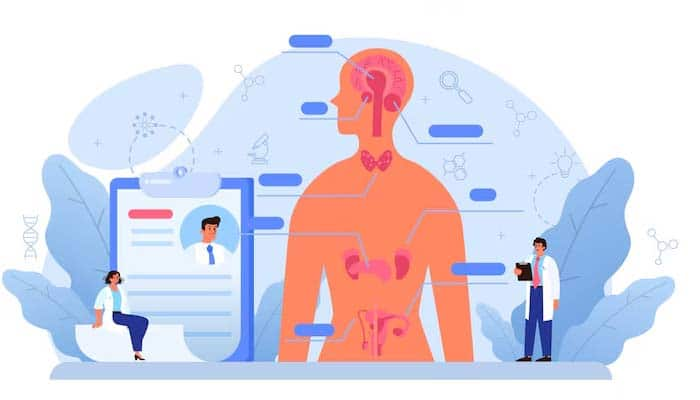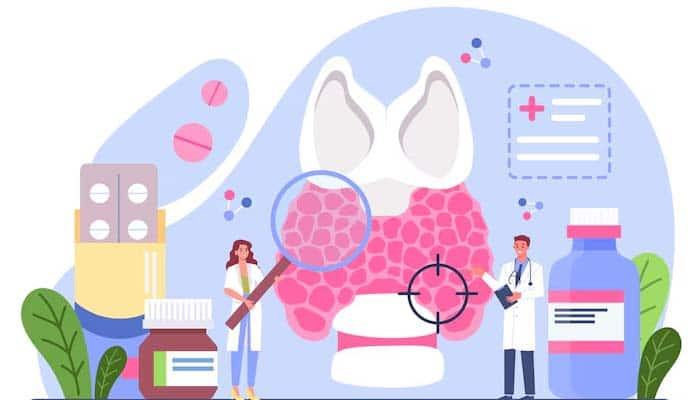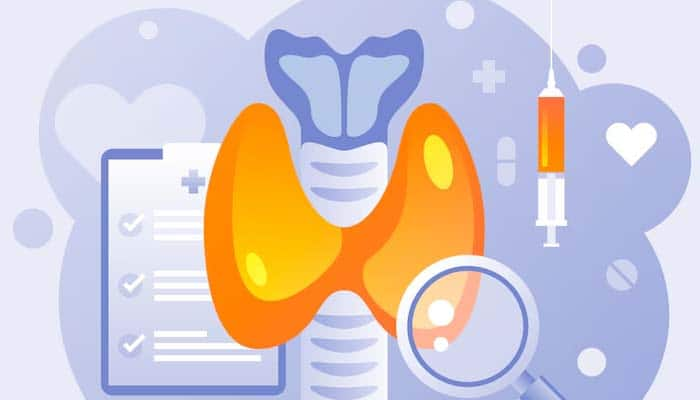Endocrine-disrupting chemicals pose serious health risks, including hormonal imbalances, fertility issues, and long-term illnesses. By choosing safer alternatives and reducing exposure, individuals can protect themselves from the hidden toxins.
Endocrine-disrupting chemicals (EDCs) are synthetic or naturally occurring substances that interfere with the body's hormone system. These chemicals can be found in a wide range of everyday products—from personal care items to household materials—often exposing individuals unknowingly. Understanding their impact is crucial for minimizing health risks and making informed choices.

EDCs are chemicals that disrupt hormone production, regulation, or function. They mimic, block, or alter the body's natural hormones, leading to various health complications over time.
Common sources of exposure include:
Plastics and food packaging (BPA, phthalates)
Personal care products (parabens, triclosan)
Cleaning supplies (certain detergents and disinfectants)
Pesticides and herbicides (atrazine, glyphosate)

1. Hormonal Imbalance and Infertility
EDCs can disrupt estrogen, testosterone, and thyroid hormone levels, leading to reproductive issues. Research has linked fertility struggles, early puberty, and hormonal disorders to prolonged exposure.
2. Increased Risk of Cancers
Exposure to certain EDCs, like BPA and parabens, has been associated with an increased risk of hormone-related cancers, including breast, ovarian, prostate, and testicular cancer.
3. Developmental and Neurological Effects
Pregnant women and young children are particularly vulnerable to EDCs. Studies suggest these chemicals can affect brain development, learning abilities, and cognitive function over time.
4. Metabolic Disorders and Obesity
EDCs interfere with insulin regulation and metabolism, increasing the risk of diabetes and obesity. Some disrupt normal appetite control mechanisms, leading to weight gain.
5. Immune System Dysfunction
Prolonged exposure to EDCs may impair the immune system, making individuals more susceptible to allergies, infections, and autoimmune disorders.

1. Choose BPA-Free Products
Opt for glass, stainless steel, or BPA-free plastic when storing food and beverages. Avoid heating food in plastic containers.
2. Use Natural Personal Care Products
Look for paraben-free, phthalate-free, and fragrance-free skincare and cosmetics to minimize exposure to harmful chemicals.
3. Read Labels on Cleaning Supplies
Choose eco-friendly, non-toxic cleaning products that don’t contain harsh disinfectants or solvents.
4. Eat Organic and Whole Foods
Reduce pesticide exposure by consuming organic produce, hormone-free dairy, and grass-fed meats.
5. Filter Your Drinking Water
Invest in a high-quality water filter to remove potential contaminants, including chemical residues.
6. Be Cautious with Receipts and Canned Foods
Avoid prolonged handling of thermal paper receipts, which may contain BPA. Opt for fresh or BPA-free canned foods when possible.
You may also like

Pahalgam terror attack: Final farewells to Kolkata man at his beloved Durga mandap

Palestine Liberation Organisation approves creation of Vice President position

Security stepped up in Rajasthan, Nainital post Pahalgam terror attack

"India is not afraid of cowardly threats": Union Minister Giriraj Singh condemns Pahalgam attack, criticises Congress and RJD

Exact date Brits to bask in 24C scorcher as UK to be hotter than Tenerife and Ibiza







